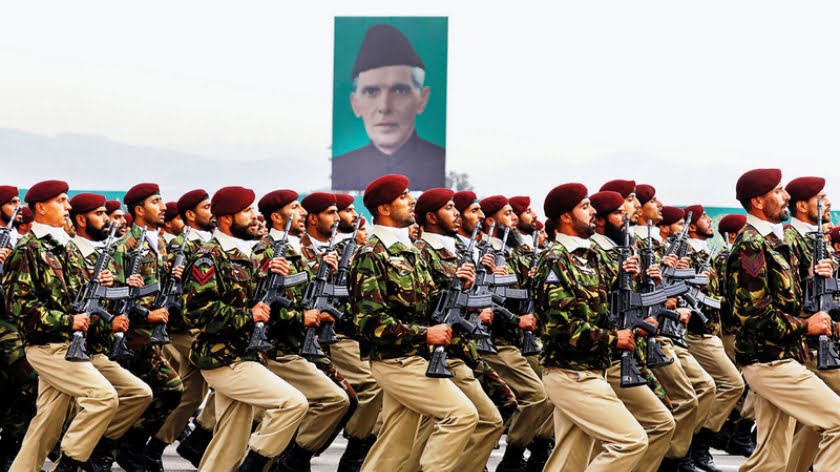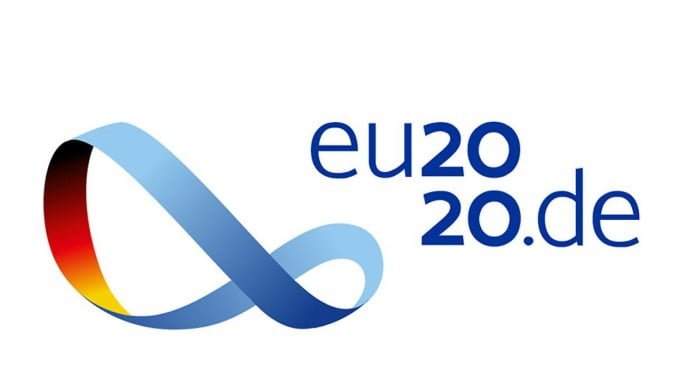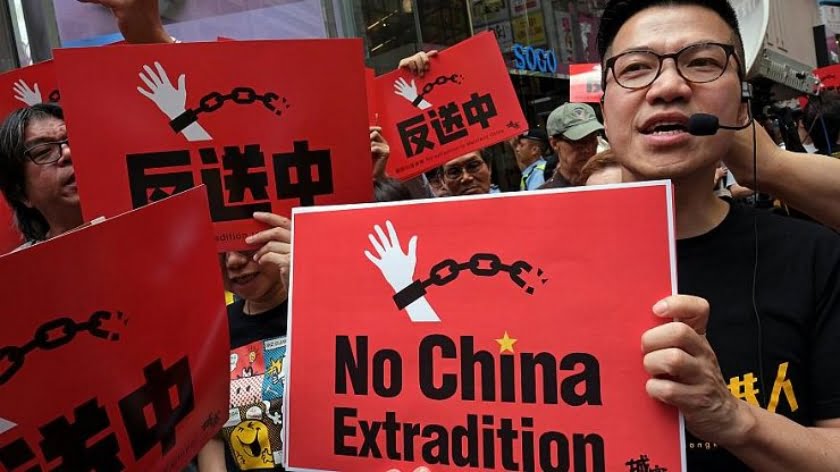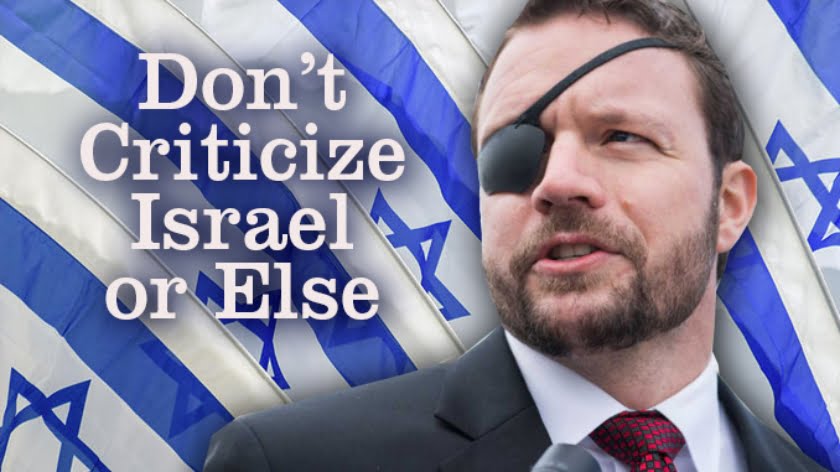Pakistan has the Perfect Opportunity to Practice ‘Military Diplomacy’ in Africa
The Pakistan Armed Forces’ world-class “Democratic Security” experiences can be of invaluable benefit to the country’s African partners in an era where unconventional security threats abound across the continent, but they should be shared in exchange for sustainable economic benefits such as preferential trade deals and business partnerships in order to strengthen S-CPEC+, to which end the global pivot state is uniquely positioned to capitalize on its close relations with several of the leading non-regional actors there in order to have them facilitate this strategy.
***
The Guiding Concept
The author wrote earlier in the month about how “Military Diplomacy & Entrepreneurial Engagement Should Form The Basis Of S-CPEC+” and felt it fitting to expand upon the gateway concept of “military diplomacy” in order to generate a more serious discussion about how this larger policy vision could be implemented in practice. The guiding concept is for the Pakistan Armed Forces to leverage the sharing of their world-class “Democratic Security” experiences with their African partners in exchange for sustainable economic benefits such as preferential trade deals and business partnerships, with these myriad arrangements being facilitated by the several leading non-regional actors with which it enjoys excellent relations such as China, Turkey, and the GCC (specifically the UAE and to a lesser extent Saudi Arabia).
Remixing The Sri Lankan Model
Before explaining the geographic spread of this strategy, it’s important for the reader to appreciate that Pakistan has defeated terrorism on its soil without any foreign assistance and that its servicemen have extensive experience serving across Africa as part of UNSC-approved peacekeeping missions. This means that they have the tactical capabilities to thwart unconventional security threats alongside the on-the-ground area knowledge that could come in handy with advising their African partners. Pakistan has also secured a lasting peace in the formerly terrorist-afflicted regions of the country, which proves that it also has an excellent strategy in place for post-conflict stabilization measures. This is extremely useful for its African partners which oftentimes lack the vision needed to “win the war” once the shooting ends.
Pakistan received extensive experience training and advising the Sri Lankan Armed Forces during that country’s civil war that the central government eventually won, so it could conceivably rely upon this to craft custom-tailored solutions for its African partners as well in coordination with its UNSC peacekeeping mission veterans, military experts at the renowned National Defence University (NDU), and relevant diplomats who are familiar with the specific nature of the security challenges that those countries are facing. Unlike the US and France, Pakistan has credibility in Africa because of its impressive security achievements at home and due to the fact that it has no neo-imperial or colonialist history. Importantly, its servicemen have also not been embroiled in controversies connected to their UNSC peacekeeping missions there either.
Security Requirements
The problem, however, is that many of the African nations most desperately in need of this assistance don’t have the means to pay for it, though therein lies the solution presented by Pakistan’s close partnerships with non-regional leaders like China, Turkey, and the GCC. Those states are heavily investing all across the continent and therefore have concrete stakes in ensuring stability there, though they won’t deploy their own forces to do so (with the exception at this point in time being Turkey’s base in Somalia). It would be ideal if the host nation’s forces could handle the current and latent threats to those investments, but they require professional world-class training in order to confidently do so, which none of those aforesaid non-regional leaders apart from Turkey can provide since they either don’t have any recent combat experience (China) or the experience that they do have has mostly been a failure (GCC).
China’s security challenges in Xinjiang are incomparable to Africa’s for reasons of socio-cultural dynamics and physical geography, and while the GCC did indeed acquire some related experience throughout the course of its ongoing War on Yemen, it still hasn’t subdued the Ansarullah despite dropping countless bombs and spending billions upon billions of dollars trying to do so. The best that it can boast of is the UAE’s experience in training local security forces whose only success has been to defensively secure their largely aerial bombardment-achieved gains on the ground. Turkey, meanwhile, has successfully intervened against the militant Kurds in Syria on three occasions and shown the world what it’s able to do, for better or for worse. Still, all of this pales in comparison to the much more dangerous threats that Pakistan successfully surmounted over the years.
Creative Outreaches
Those non-regional leaders therefore have an interest in connecting their Pakistani partner with those African states whose security and stability they nowadays have a stake in by dint of their investments there, with an aim towards partially subsidizing their training missions in the South Asian state and/or opening up the economic doors that could enable those countries to pay for these “Democratic Security” programs themselves through the previously proposed preferential trade deals and business partnerships that could be offered in exchange. China’s interests most directly concern its Belt & Road Initiative (BRI) megaprojects, while Turkey’s are scattered throughout the continent whereas the GCC’s concentrate mostly on the countries in the Organization of Islamic Cooperation (OIC) countries and especially recently the Horn of Africa. Through these partner-assisted means, Pakistan’s “military diplomacy” could theoretically reach across the entire continent.
The path to making that possible is for decision makers to first agree upon the proposed modus operandi and then ensure that they’re ready to create bespoke “Democratic Security” training programs, after which they’ll have to cooperate with their area experts (including academic, diplomatic, and military [UNSC peacekeeping mission veterans]) in order to identify the most promising African countries to approach prior to either doing so independently or more likely in parallel with requesting the assistance of their mutual non-regional leader partner (China, Turkey, or the GCC). Pakistan should also consider in advance how it can best scale these outreaches in the future and promote them in the best way possible for reshaping their country’s international image such as by either participating in its non-regional leader partners’ relevant conferences (like China’s FOCAC) and/or inviting its new African partners to participate in its own at home which could concern fleshing out the contours of S-CPEC+.
Concluding Thoughts
Be it Kenya, Somalia, Sudan, or any other African country closely partnered with China, Turkey, or the GCC respectively and facing serious “Democratic Security” threats either in the present day or the upcoming future, Pakistan has the perfect opportunity to practice its “military diplomacy” with them with an aim towards receiving sustainable economic benefits in exchange through the preferential trade deals and business partnerships that their mutual partners could help facilitate. There’s a growing demand for world-class “Democratic Security” training to protect the ever-increasing investments that non-regional leaders have made on the continent in recent years, to which end those same states have an obvious interest in ensuring that their local partners receive the best assistance possible for securing them. Pakistan already has a hard-earned reputation in this sphere, but it must creatively rely on its diplomacy in order to economically benefit from it.
By Andrew Korybko
Source: One World







